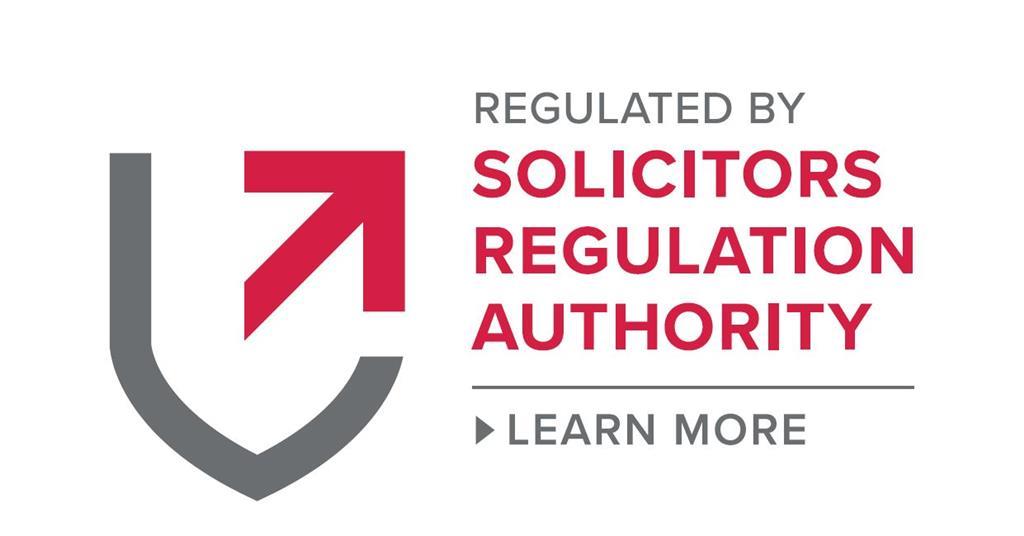Do you own land with the potential for development? Have you already been approached by a developer? If the answer is yes, the chances are you have considered the pros and cons of a Promotion Agreement.
A Promotion Agreement is a great way for a landowner to benefit from a developer’s experience in getting planning permission for a development site. By entering into such an agreement, you can elevate the market value of your land without assuming the financial risk associated with funding the planning application process.
Want to know more? Visit us. Discover the key points when negotiating a promotion agreement for your land at our Potters Bar, Hertford, and Finchley offices.

Why You Need Legal Advice For a Promotion Agreement For Your Land
Inexperienced landowners often fail to realise this:
A promotion agreement creates what could be a long term relationship with the developer.
As the developer assumes a significant portion of the financial risk, they will aim to maximise returns. Therefore, as the landowner, you should seek expert legal advice to secure the best deal.
Given the high stakes, engaging an experienced solicitor is vital for a well-drafted promotion agreement covering all relevant issues.
Need assistance? Daniel Raja, one of our commercial property team experts, can help you. Learn more about key points when negotiating a promotion agreement for your land at our Hertford, Finchley, and Potters Bar offices.
How a Promotion Agreement For Your Land Works
The landowner and the developer will generally have a specific development project in mind when they enter into the agreement.
Once the promotion agreement for your land is in place:
- The developer must try to obtain planning permission for the agreed development.
- The developer will bear all the costs of working up the planning application and getting it through the various stages of the planning process. This is a risk because there is no guarantee that permission will be granted.
If the planning application is successful, the landowner is then required to sell the site on the open market, with the profit shared between landowner and developer.
Developer’s obligations
The promotion agreement for your land will set out what the developer must do and should include the following obligations:
- The developer must produce a planning strategy and follow it through to maximise the chances of planning permission being granted.
- If it is impossible to get the intended planning permission, the risk of any wasted costs should sit with the developer.
- The developer will be required to appoint a range of professionals to draw up the development scheme before the planning application goes in. This team may encompass not only a designer but also structural and mechanical engineers, along with environmental consultants.
- Once planning has been achieved, the developer will be required to produce a disposal strategy, designed to maximise the return for both developer and landowner.
Your solicitor will be looking at various aspects of the promotion agreement to ensure that your interests are protected, while still allowing the developer enough financial incentives to make the deal attractive.
Issues to watch out for
- Time Frame:
- Clear lifespan for obligations in the promotion agreement for your land.
- Both parties may want the right to terminate if planning permission is not achieved within an agreed period (typically 5 to 10 years).
- Competition:
- Clear obligation on the developer not to promote a competing development while the promotion agreement is in force.
- Your solicitor will try to define ‘competing development’ as broadly as possible so that it covers any other development that would make it more difficult for your project to achieve planning permission and a successful market sale.
The advantage of a promotion agreement for your land is that both sides have an interest in the development being successful, so it should be possible to compromise on, say, a specific geographical area or a specific type of development.
- Reasonable endeavours:
- The developer must use all reasonable endeavours to achieve the expected planning permission.
- To protect your interests, your solicitor will look for ways to set out specific steps that the developer must take and an agreed timetable for doing it.
- Landowner involvement:
- You should consider with your solicitor how much control and involvement you want to have in ongoing decisions. This might include proposed changes to the design and layout of the finished development.
- The developer may want a free hand because this will make decisions easier and quicker.
If you have strong views or feel you may come under pressure from long-term neighbours and want to be closely involved, your solicitor will try to negotiate suitable provisions in the agreement.
- Disposal strategy:
- The developer’s disposal strategy will cover issues like whether the site will be sold as a whole or in parts, the timetable for disposals and how it will be marketed.
- You should have the right to approve the strategy or request changes.
- Termination:
- In case things do not go to plan, your solicitor will need to agree terms which provide rights for you to terminate the agreement if the developer breaches their obligations or goes into any type of insolvency.
- As well as ending the arrangement, you will need the right to take control of the project, so the developer should be required to transfer all professional appointments to you and hand over all relevant paperwork.
- Profit share:
- The usual split is 80% to the landowner and 20% to the developer but this can vary.
- If it looks as though planning permission may be tricky to achieve, the developer is taking more of a risk and may seek to negotiate a larger share of profit if they succeed.
- The developer will want to deduct as many costs as possible from the sale proceeds before the remaining profit is split.
- The agreed list of costs will be set out in the agreement and your solicitor will look very carefully at them to make sure both parties are being treated fairly.
How we can help
If you want to get the best promotion agreement for your land, our solicitors will look out for the potential issues and make sure you get the best deal, especially where you are dealing with a much more experienced developer.
We can advise you on key points when negotiating a promotion agreement for your land at our Finchley, Hertford and Potters Bar offices.
For further information on a promotion agreement for your land, please contact Daniel Raja in the commercial property team on 020 8446 4301 or email dr@martinshepherd.co.uk.






